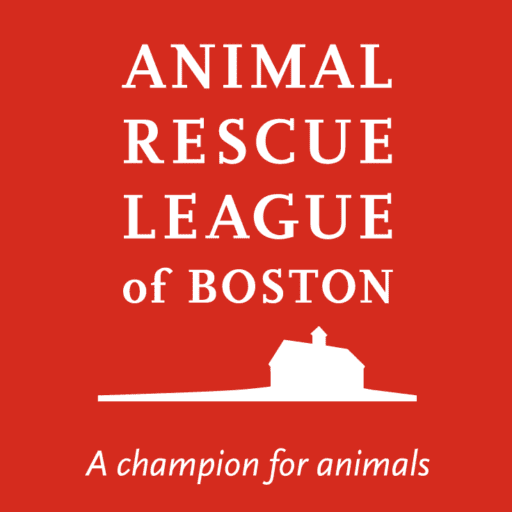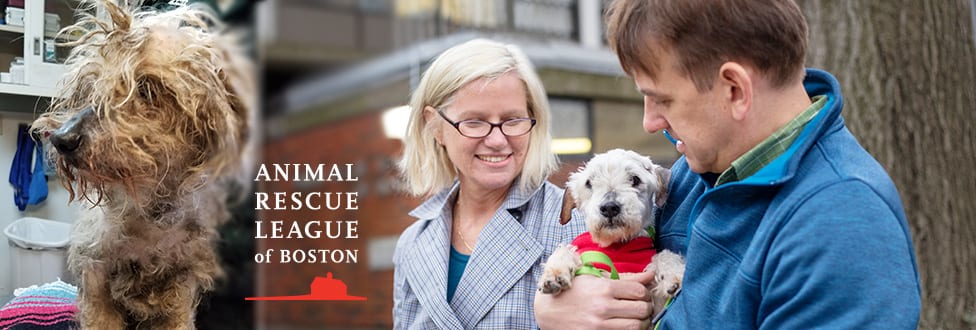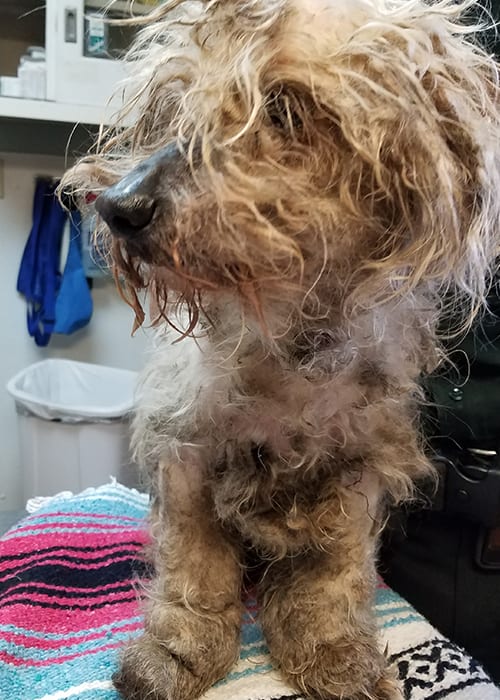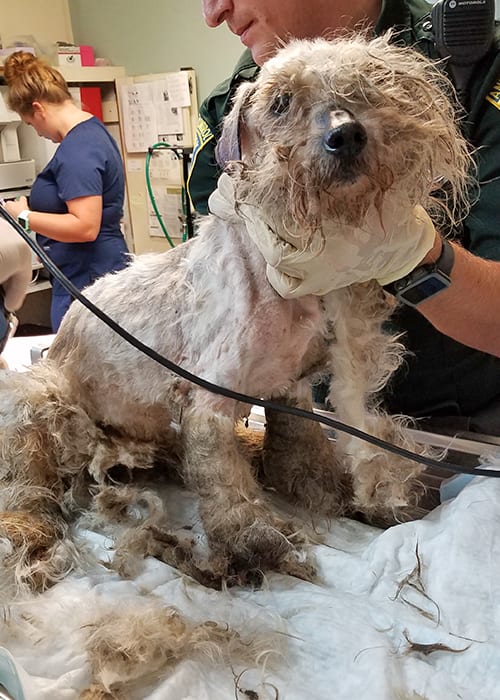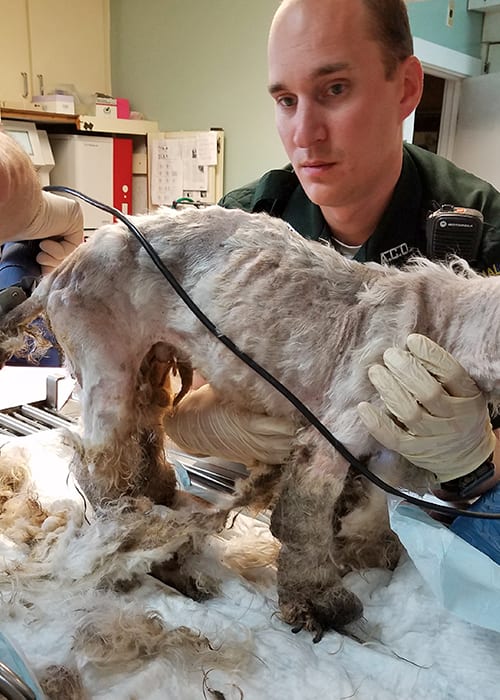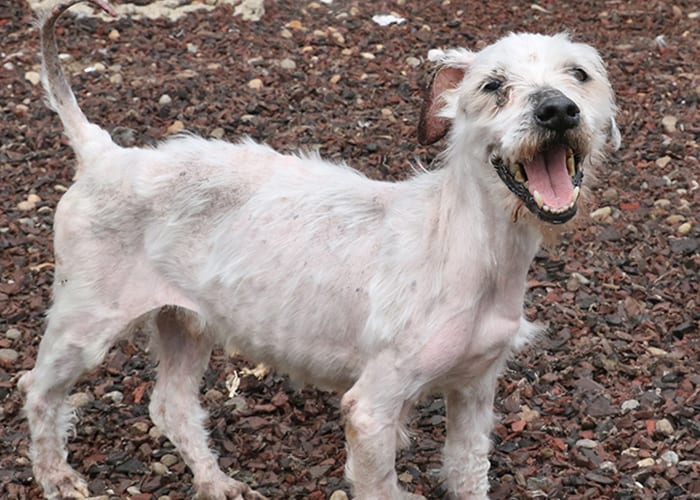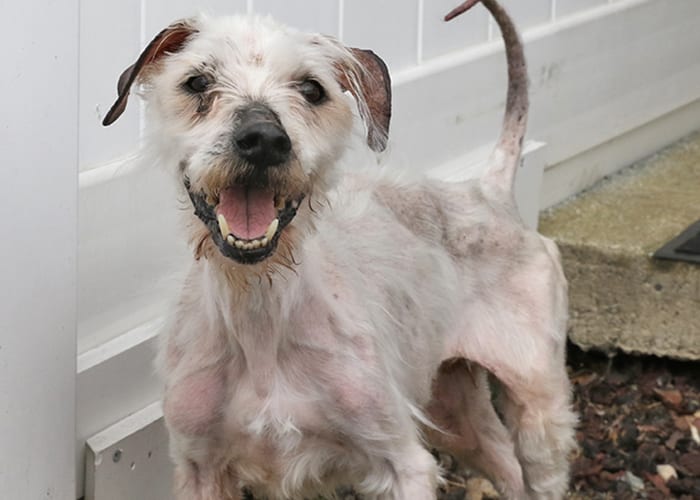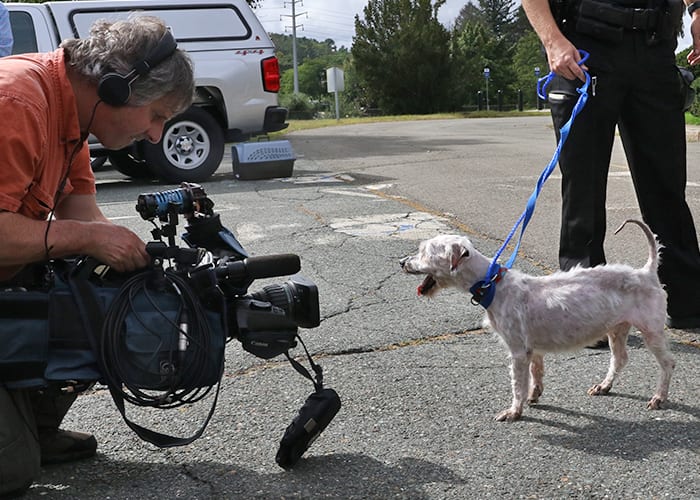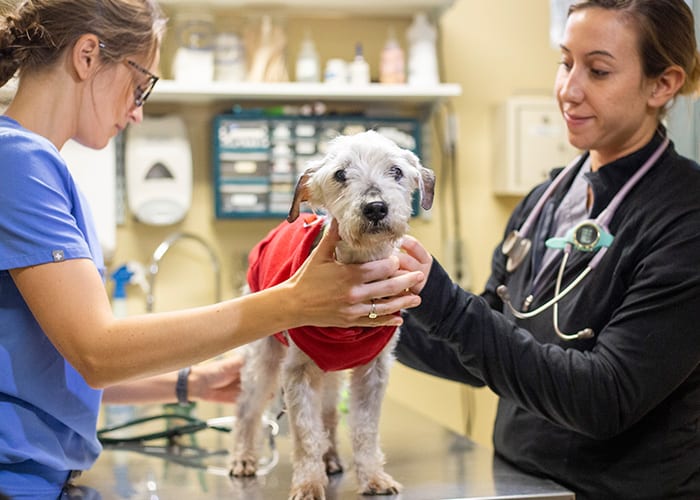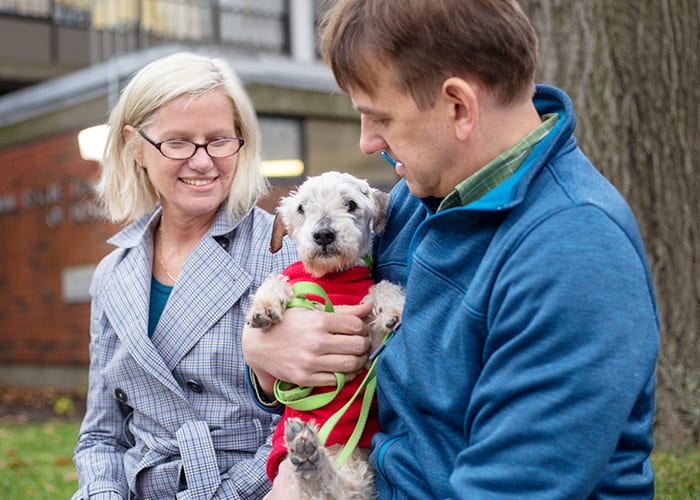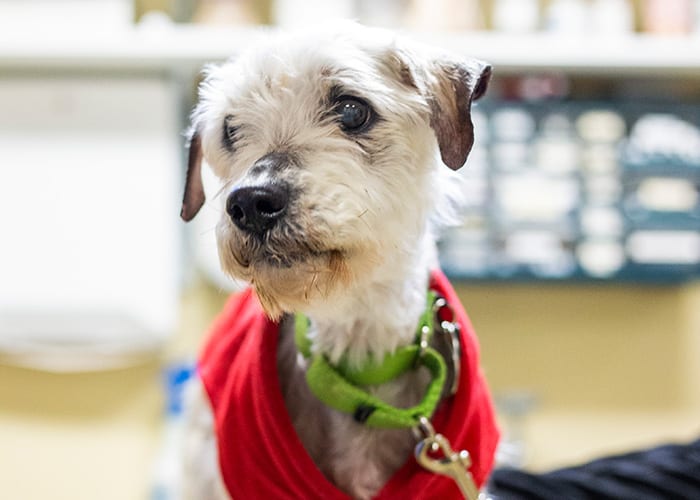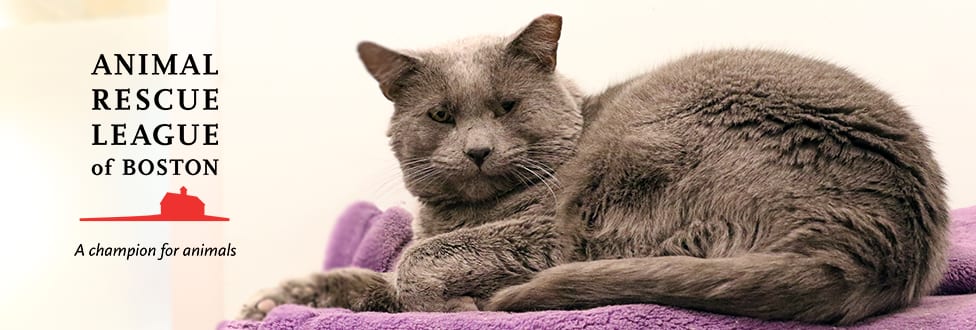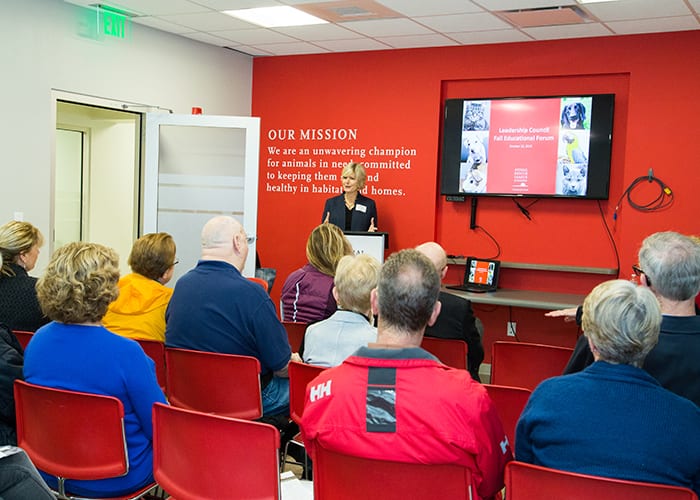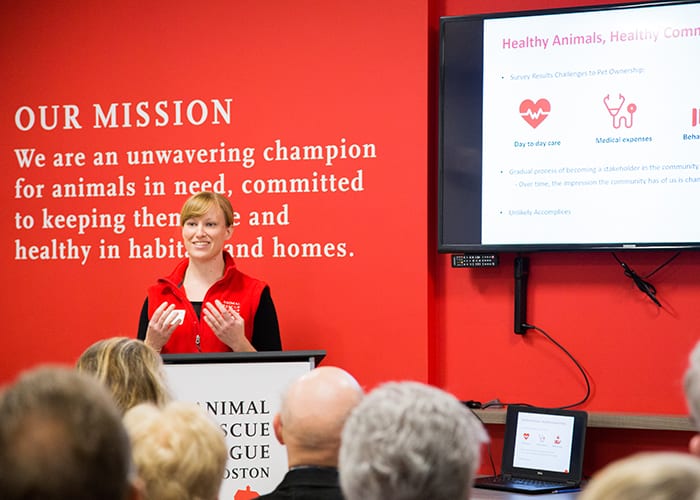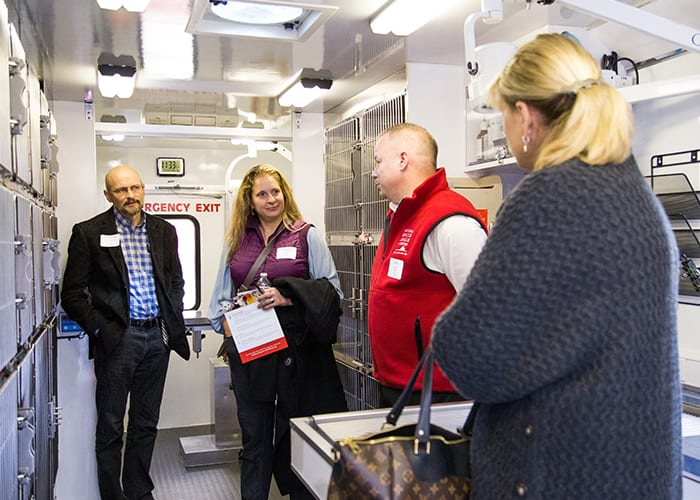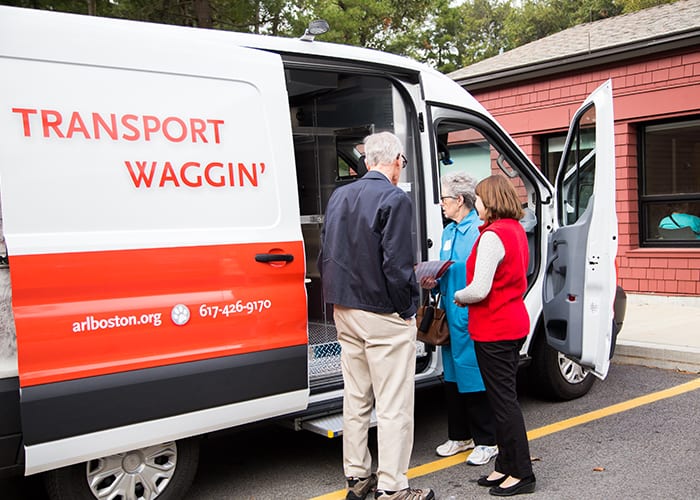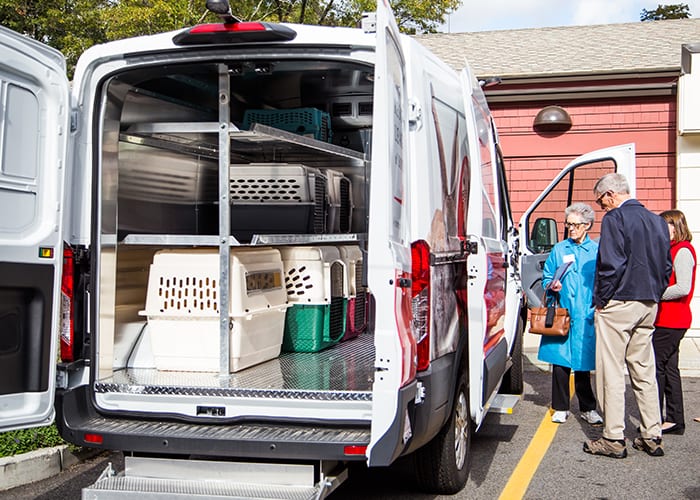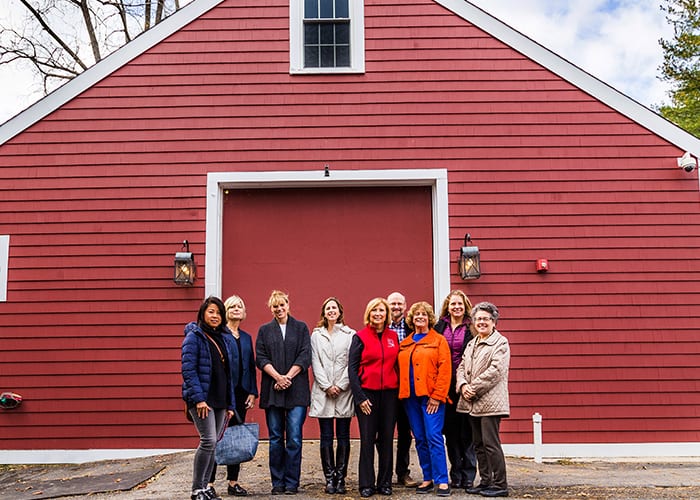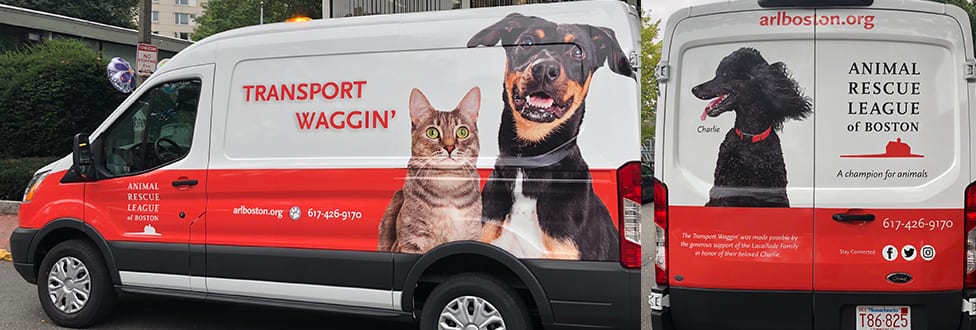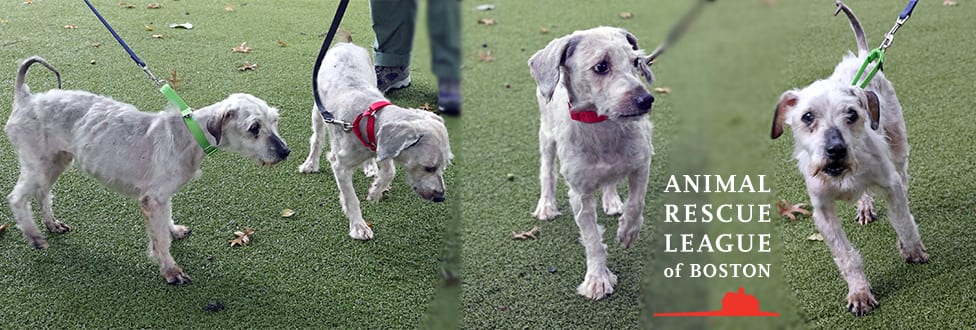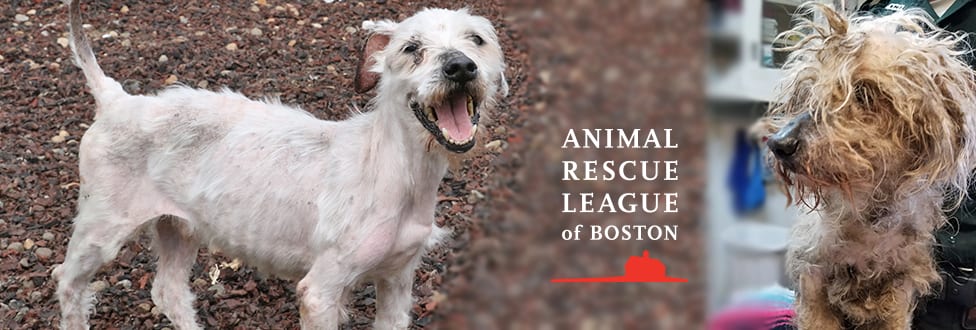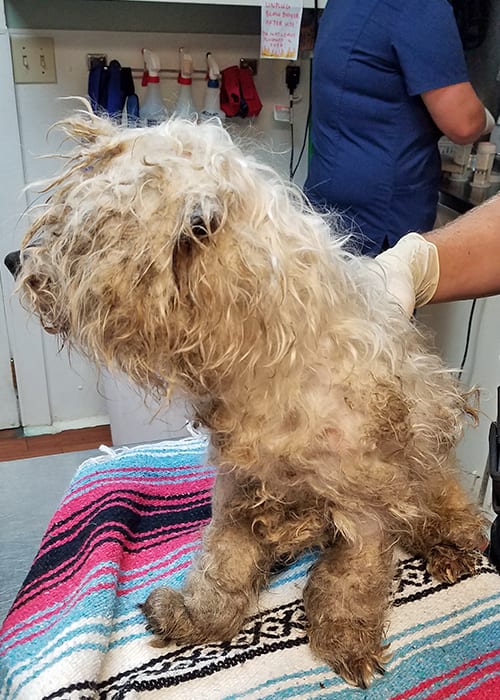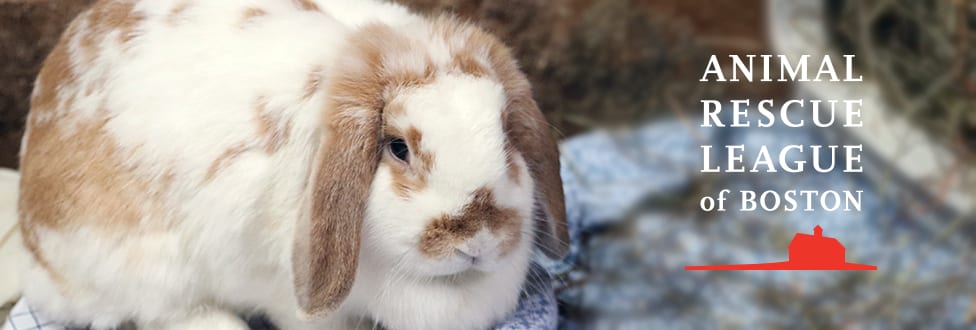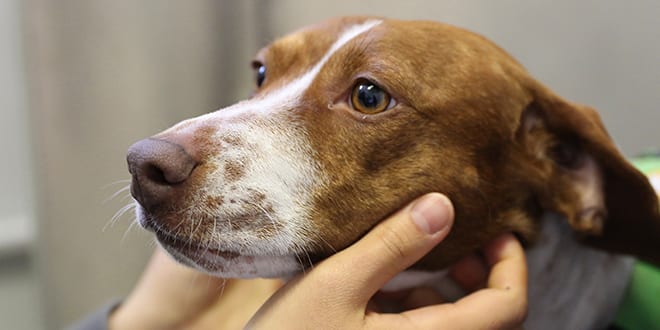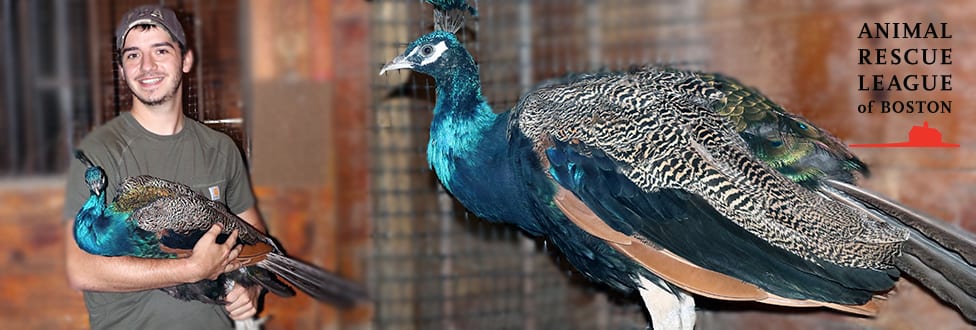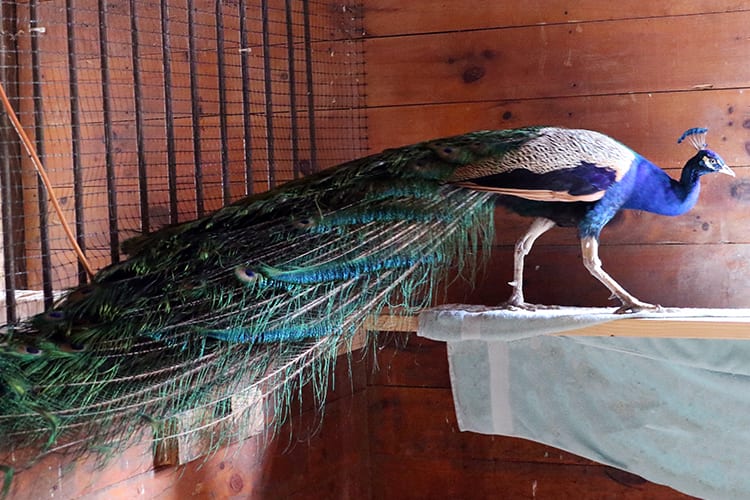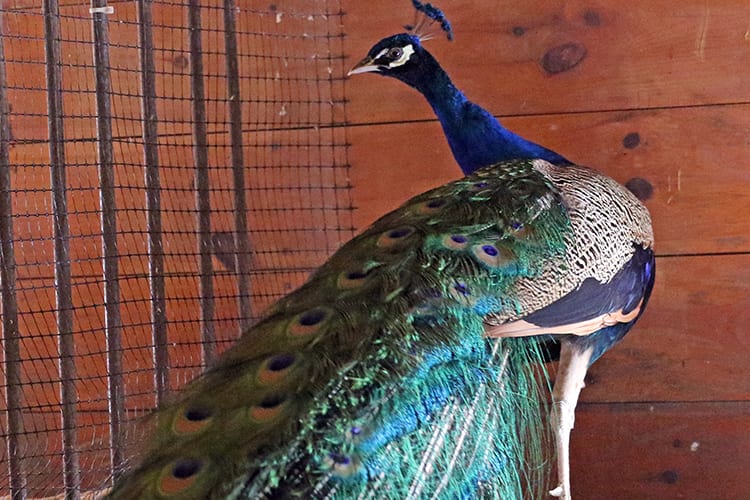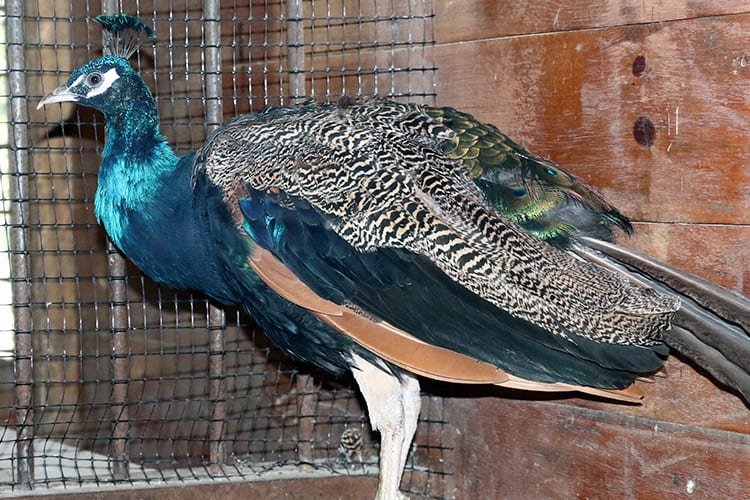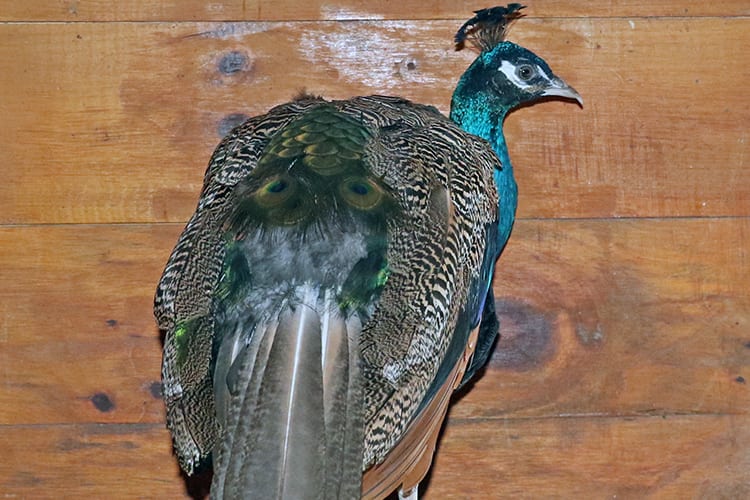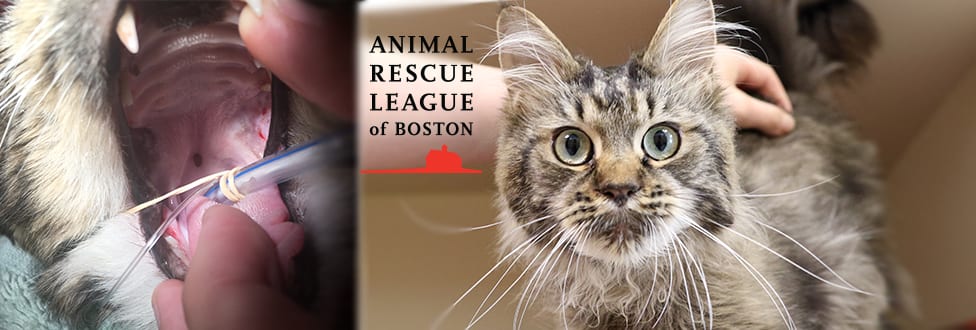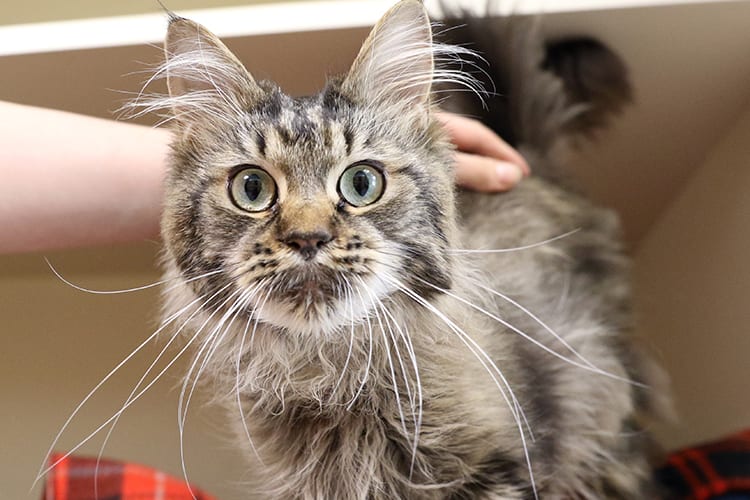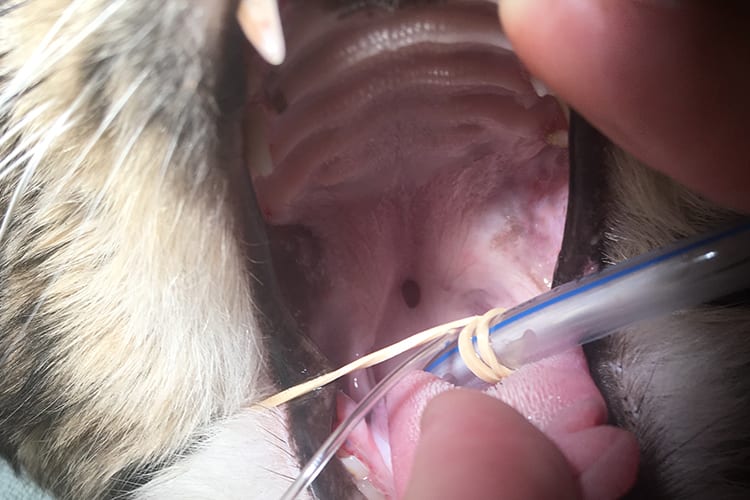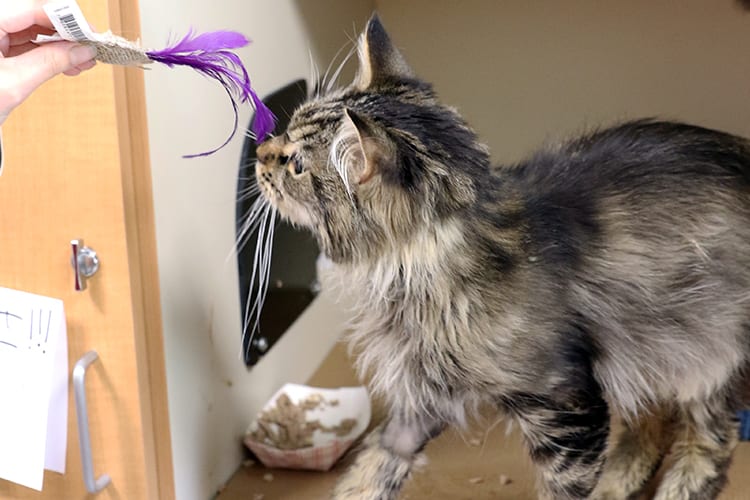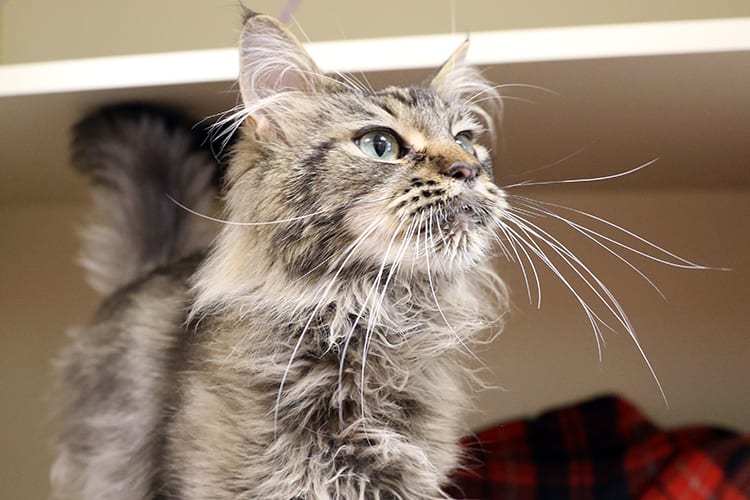Abandoned Beverly Dog Taken in by Couple Who Found Him
Angel thriving with his new family
In late September, Angel, a small, partially blind and deaf terrier-type dog was found in appalling condition and wandering the streets of Beverly, MA. A heart-warming example of the human-animal bond, the couple who took Angel off the streets has now taken him into their home.
The meeting between Angel and his finders was fate. Returning from an evening run, Beverly residents Dan Boschen and Liz Sweetman saw Angel ambling around the intersection of Charnock and Prospect Streets, and aside from his filthy appearance, it was clear he needed help.
“I’ve never seen a dog in such bad shape, and he was hobbling down the street towards a busier street,” said Boschen. “We were able to corner him and pick him up.”
From there, Angel was brought to a nearby veterinary clinic where he received emergency treatment. He was severely matted (a pound of fur was removed), emaciated and overgrown and curled nails were causing him pain and discomfort when walking.
While at the veterinary clinic, Boschen and Sweetman, who had only recently brought a second dog into their home, came to a realization.
“He was so sad, like his whole life was pain,” Sweetman said. “Once we got into a room with him they didn’t know if he would make it and we said we’ll do whatever we can. We looked at each other and knew we wanted to take him if he was going to be alright.”
From Beverly, the 10-year-old Angel was put into the care of the Animal Rescue League of Boston where his medical care continued and a joint investigation between Beverly Police and ARL Law Enforcement ensued.
Slowly but steadily Angel made progress and Boschen and Sweetman were able to take him into their home for foster care after several weeks. With medical care, proper diet, shelter and love, Angel, now appropriately named Lucky, is now thriving with his new family and will be enjoying his new home for the holidays.
While ecstatic that Angel has found a new home, unfortunately law enforcement officials have been unable to discover who left this animal to fend for himself on the streets. ARL continues to be an assisting agency to the Beverly Police Department and anyone with information can contact Beverly Animal Control (mlipinski@beverlyma.gov; (978) 605-2361), or ARL Law Enforcement (cruelty@arlboston.org; (617) 426-9170).
For Giving Tuesday Double Your Impact
#GivingTuesday is an International movement created to encourage giving back to charity during the busy holiday season. For this special day, ARL’s Board of Directors, past Board members, and President have teamed up to offer an incredible challenge: Raise $100,000 and they will match it*! That means your donation from now until November 27 will go twice as far to help animals in need!
*The match only applies to the first $100K in donations ARL receives but all gifts will go to help animals in need
